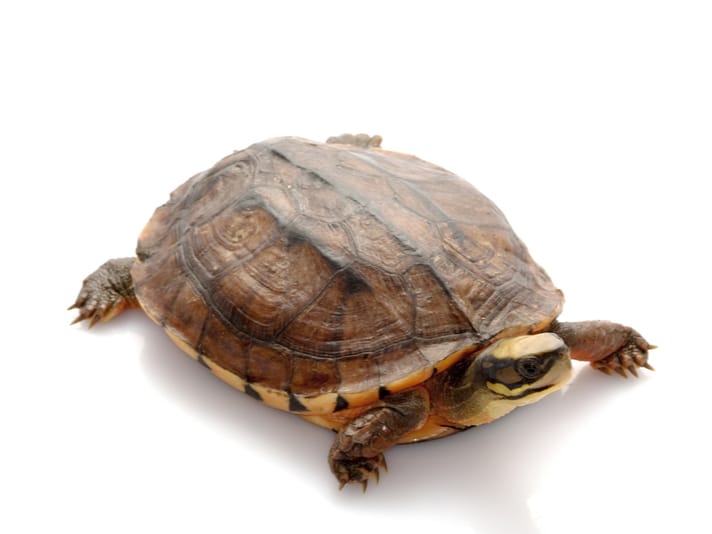Lacey Act amendments regarding injurious species are included in a report from the House Select Committee on the Strategic Competition Between the United States and the Chinese Communist Party.
Lacey Act amendments regarding injurious species are included in a report (read it at https://usark.org/wp-content/uploads/2023/12/23-reset-prevent-rebuild-report-with-lacey.pdf) from the House Select Committee on the Strategic Competition Between the United States and the Chinese Communist Party. It is titled, Reset, Prevent, Build: A Strategy to Win America’s Economic Competition with the Chinese Communist Party. This is not exactly the title of a document where these Lacey Act amendments would be expected and the inclusion is not germane to the report’s purpose regarding U.S.-China trade issues. NOTE: This is not newly proposed legislation, at this time. It is a policy recommendation from this Committee.
As it reads, the suggestion from this Committee is to amend the Lacey Act to:
- Create an import white list that bans “new species” from importation unless decided to not be invasive by DOI/FWS;
- Create a new designation that allows a three-year emergency ban on the importation of invasive and injurious wildlife;
- Require DOI to review “invasive species” from China and restrict/ban as DOI sees fit;
- NOTE:It does not specifically mention an interstate transportation ban of injurious species but this is just a suggested guideline from this Committee.
Below are the relevant snippets from the report:
On page 49 (PRC = People’s Republic of China):
- Amend the Lacey Act to allow for up to a three-year emergency ban on the importation of invasive and injurious wildlife from foreign countries that poses imminent threats to human health and a ban of new species imports until they are found to not be invasive in the United States. Require the Department of Interior to review within 180 days of the passage of the amendment the status of invasive species originating from the PRC, and if necessary, impose further restrictions.
It is included in the section:
Key Finding: The United States’ dependence on the People’s Republic of China for pharmaceutical and medical device supply chains poses a distinct national security risk.
Stated justification (of which the Lacey Act amendments are not relevant)
: Stated The PRC holds a dominant global market position in the production of active pharmaceutical ingredients (APIs) and other precursor chemicals that feed into life-saving pharmaceutical goods used extensively in the United States. Three of the four factories that make commonly used penicillin, for example, are located in the PRC, and India, one of the two largest pharmaceutical suppliers to the United States, sources nearly 70 percent of its APIs from the PRC.
Generic drugs, which account for over 80 percent of prescriptions in the United States, have the largest dependence on the PRC. The PRC has also secured a dominant position in the value chains for medical goods, devices, and equipment. The United States’ heavy reliance on the PRC for these goods is deeply concerning in light of contamination and other safety risks and Beijing’s past actions to restrict exports of personal protective equipment, test kits, and other medical equipment during the Covid-19 pandemic. If the CCP were to weaponize the U.S. dependence on the PRC for pharmaceutical supply chains, it would have a serious impact on the health of U.S. consumers.
CCP=Chinese Communist Party



